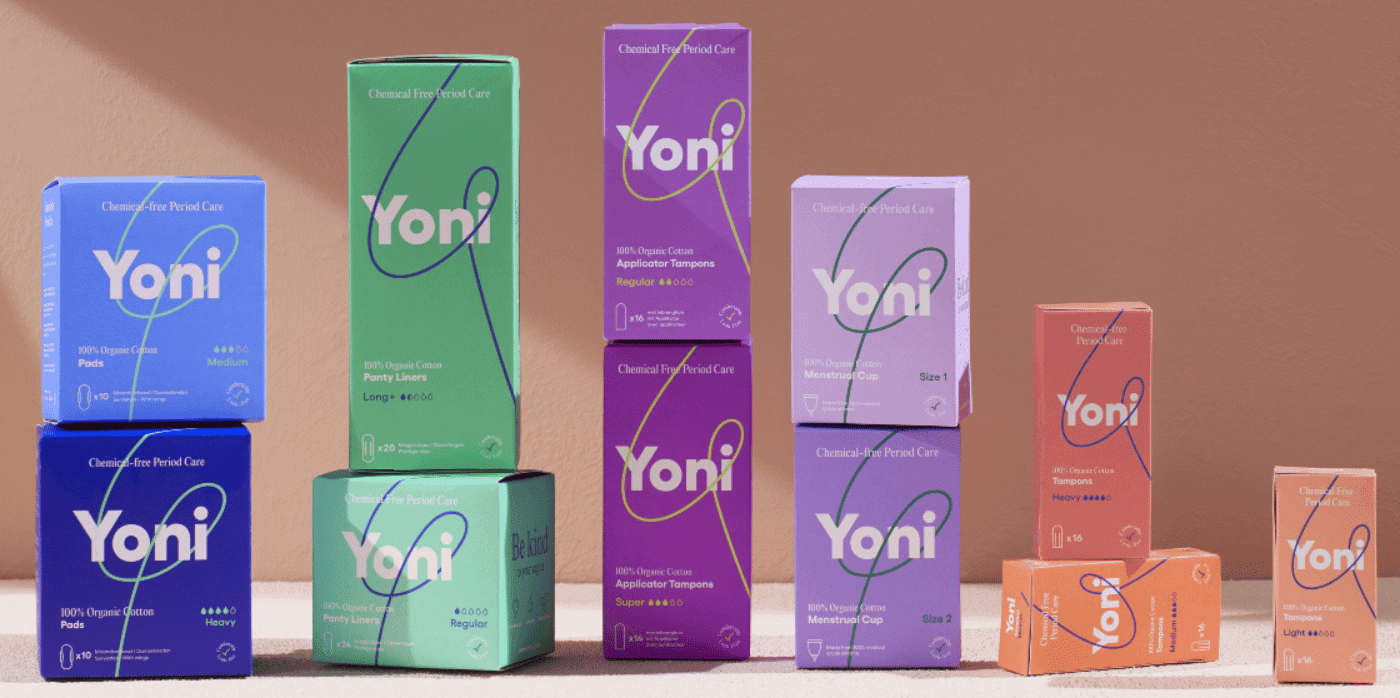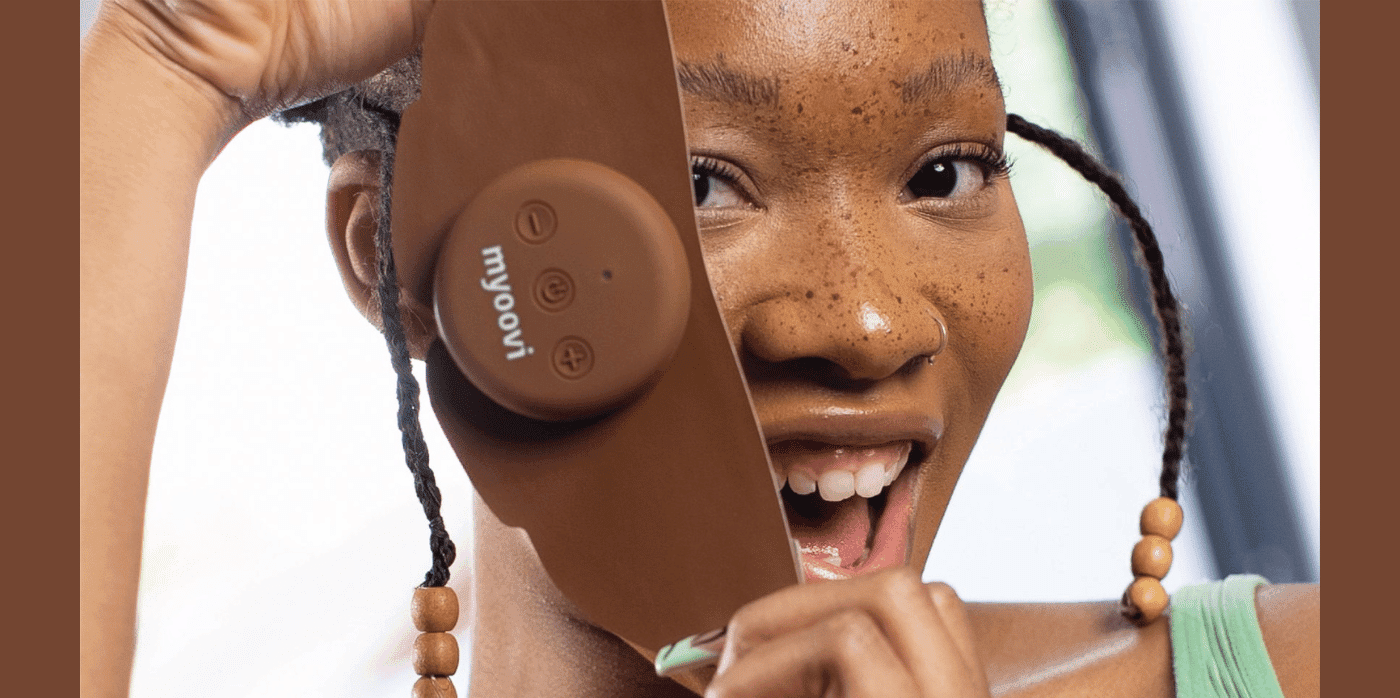Pioneering period positivity with sustainable femcare

Spotted: According to a survey conducted by Plan International, more than one in three boys believe periods should be kept a secret, believing menstruation to be an ’embarrassing’ topic. It’s unsurprising, then, that researchers suspect that ‘period positivity’ is declining. If negative stigma isn’t tackled, it will remain challenging for women’s health concerns to receive the attention they deserve from societies and medical systems. At the same time, advocates for universal free period care products report a rise in demand for supplies as the global economy continues to react to inflation and political instability.
In the Netherlands, period care company Yoni provides healthy, non-toxic menstrual products, and works to raise the profile of campaigners who are normalising periods and other aspects of female reproductive healthcare.
The company’s goal is to provide menstruators of any age with products that are good for the body and the environment. The period and incontinence underwear and menstrual cups are all available in a range of sizes and absorbencies. Menstrual cups are made from medical-grade silicone and are 100 per cent plastic-, latex-, and BPA-free. Many Yoni products contain organic cotton and are biodegradable, and each pack of tampons and pads contains a code for tracing the source of the cotton used in that batch.
The company also offers customers the option to gift a pack of period care products to the charity Armoedefonds. And, as part of Yoni’s campaign to raise awareness of menstruation and break down misconceptions, the company features an online gallery of Game Changers that highlights various individuals who champion positive-impact social campaigns. The gallery provides information and resources for getting involved in the campaigns.
Yoni currently ships products across the Netherlands, Belgium, and Germany and plans to expand availability as soon as possible.
Other innovations from Springwise’s library that are making it easier for women to access relevant healthcare and products include a digital health clinic specifically for women and last-mile access and delivery of women’s health products.
Written By: Keely Khoury





